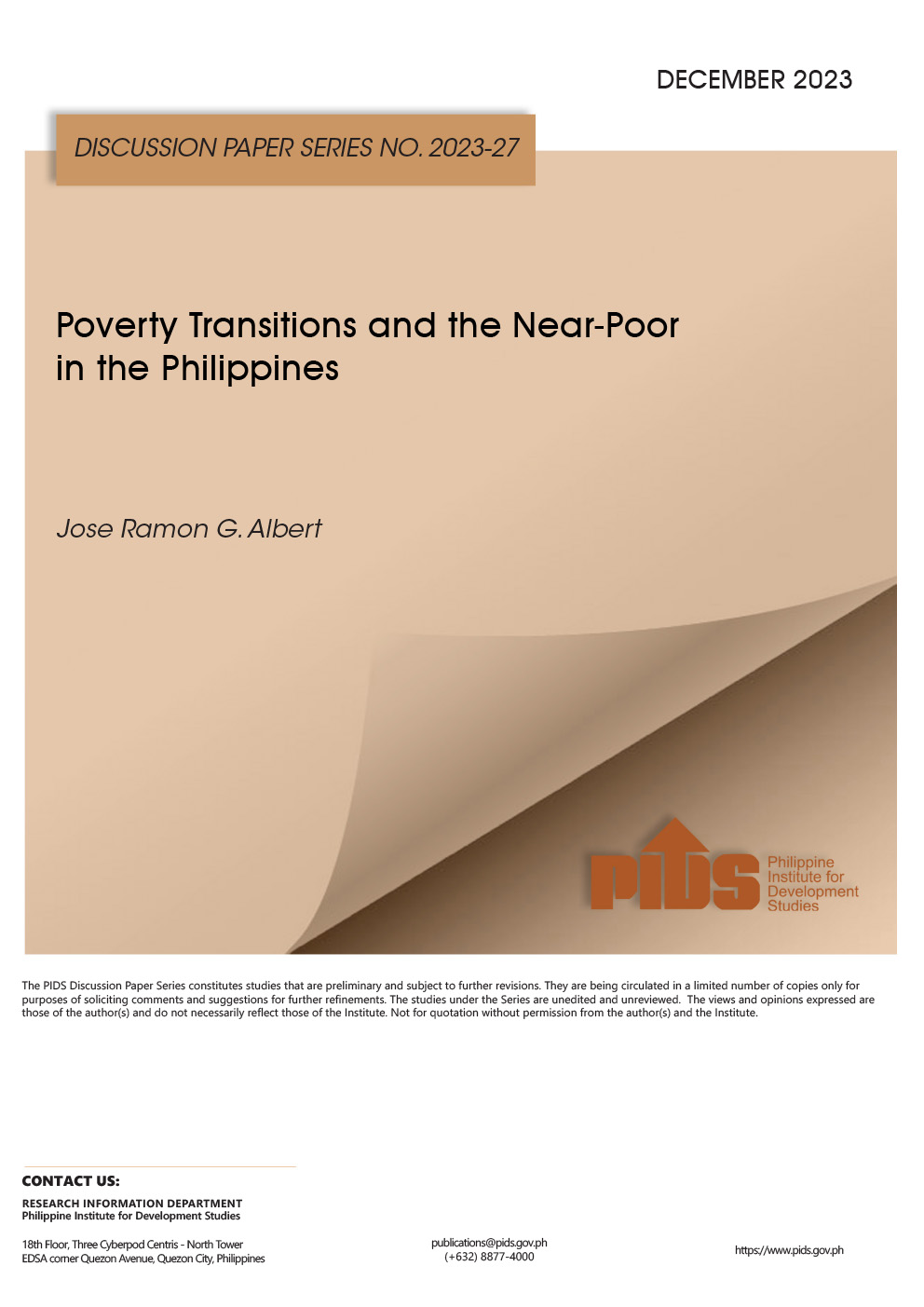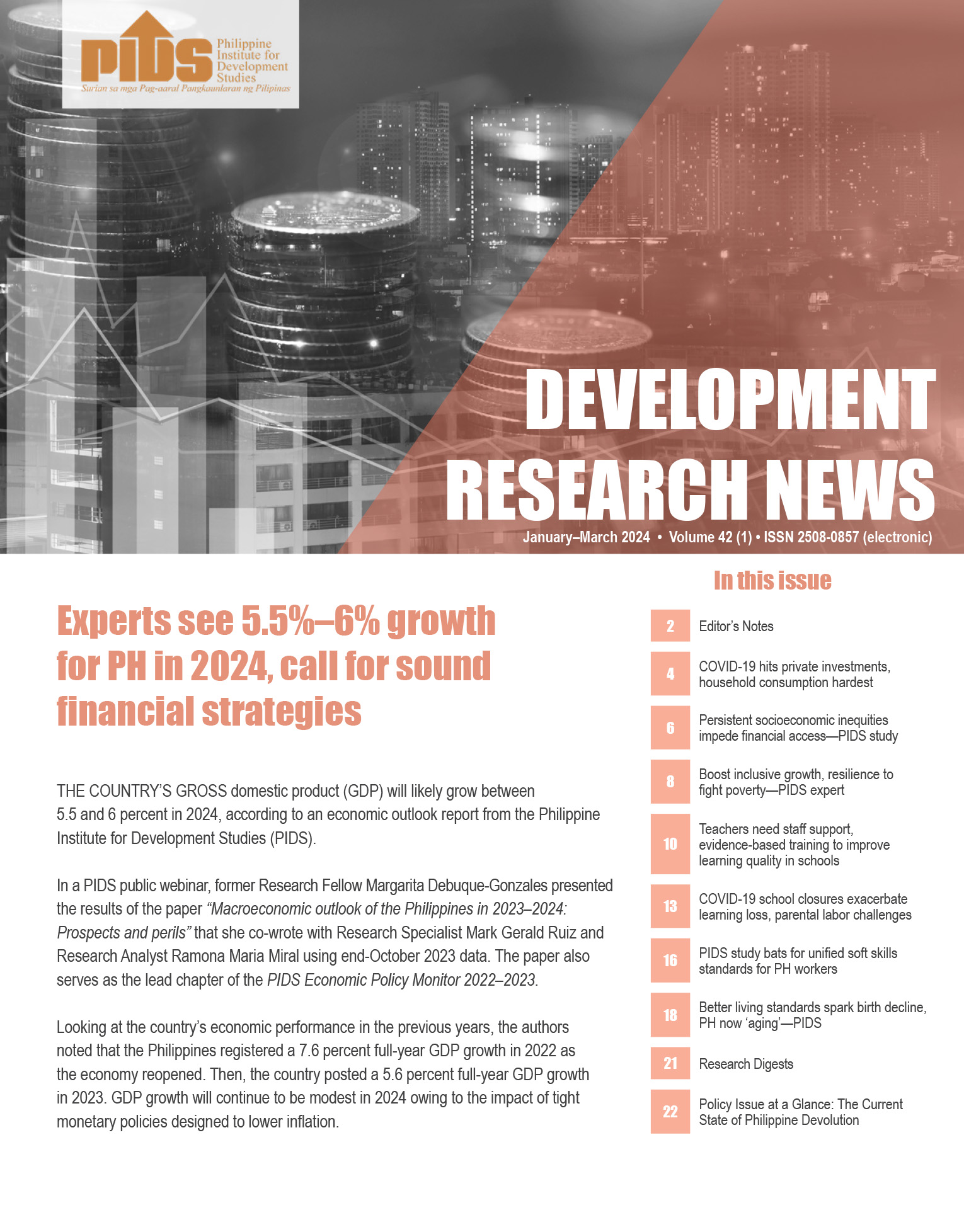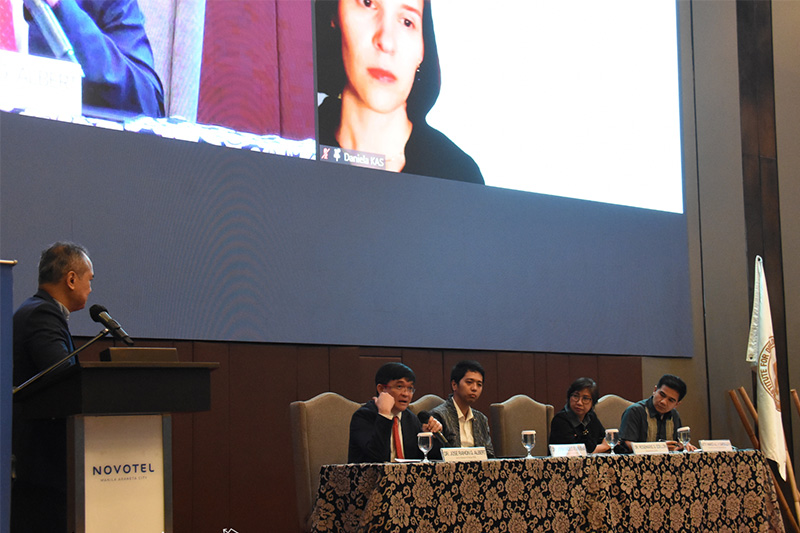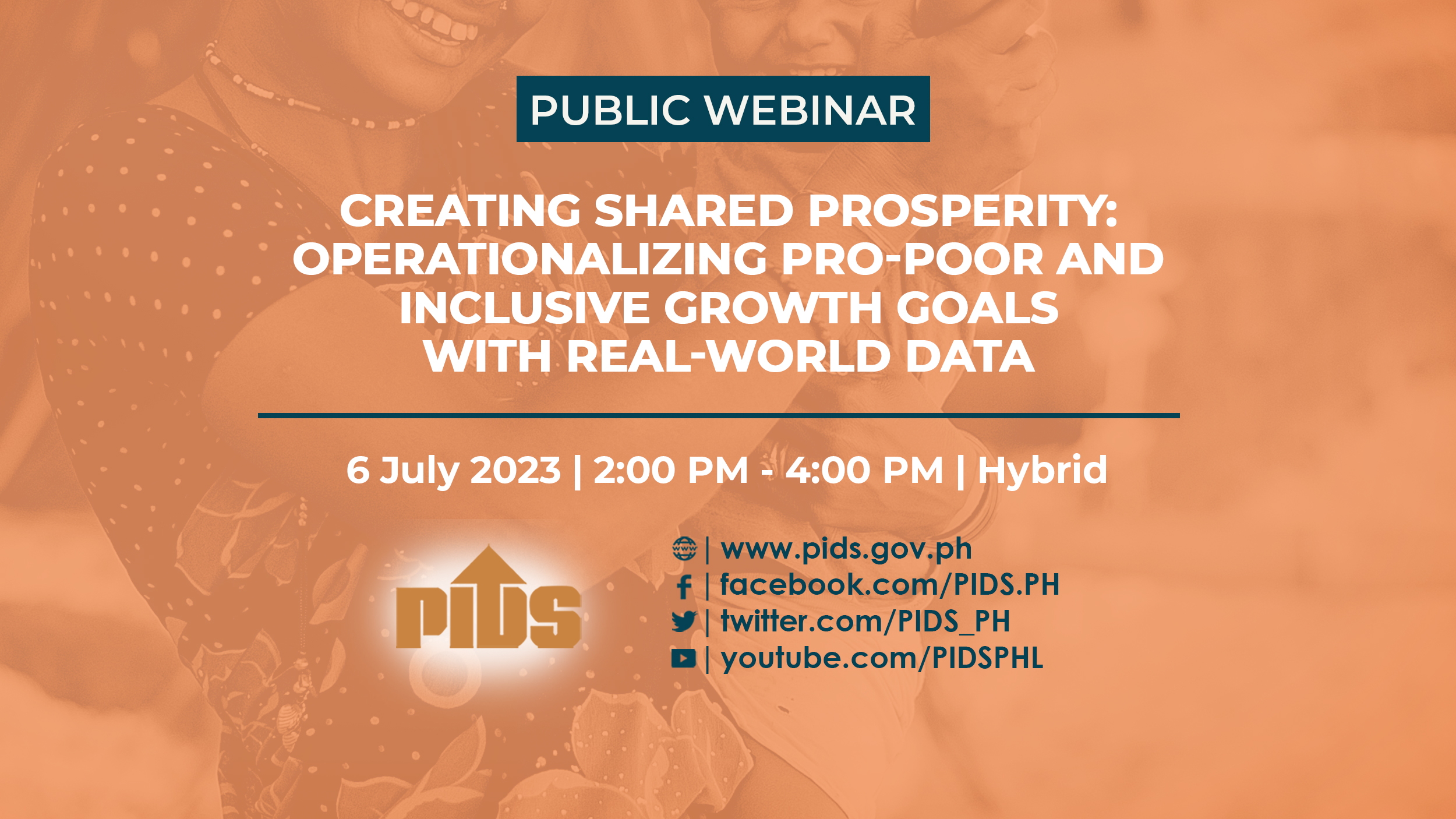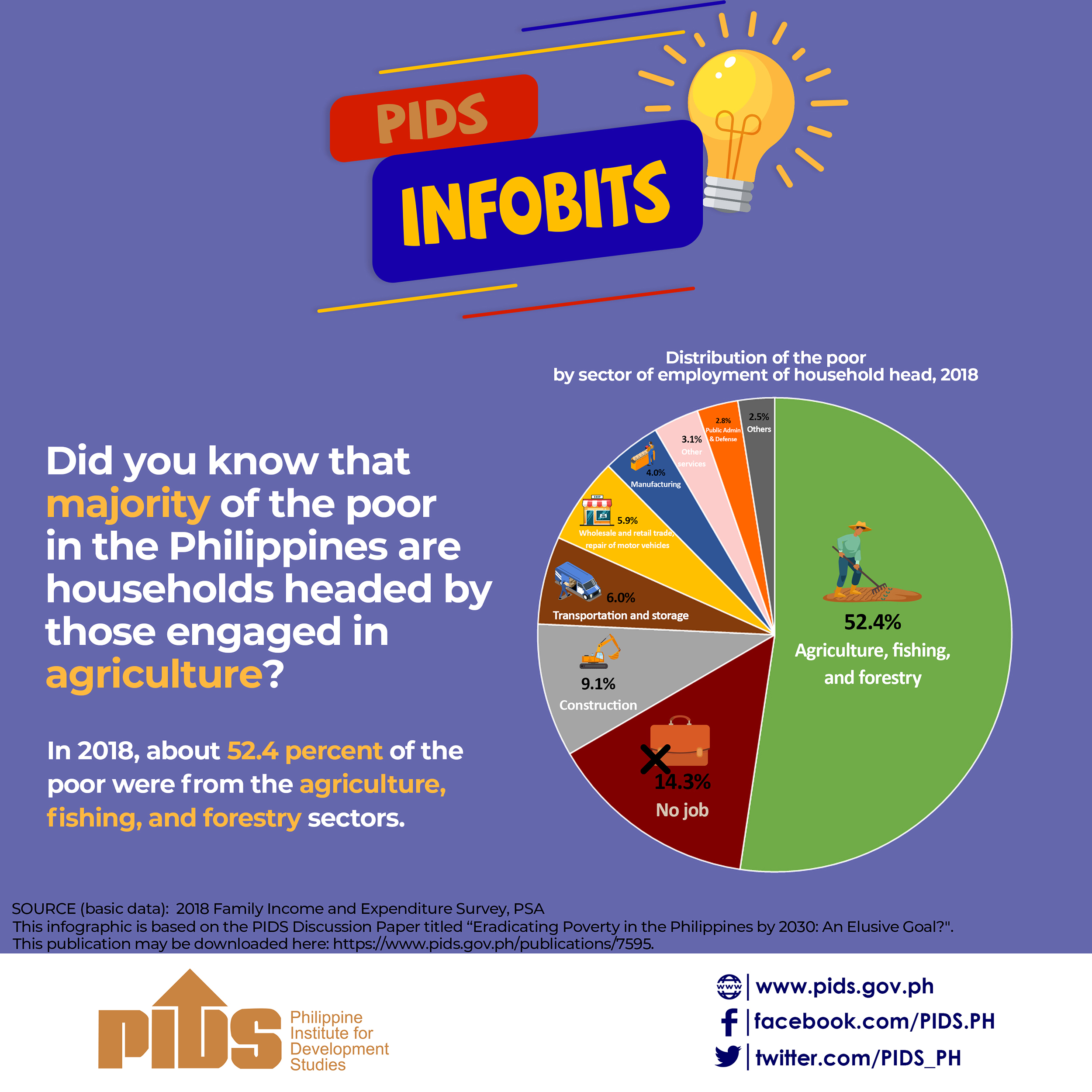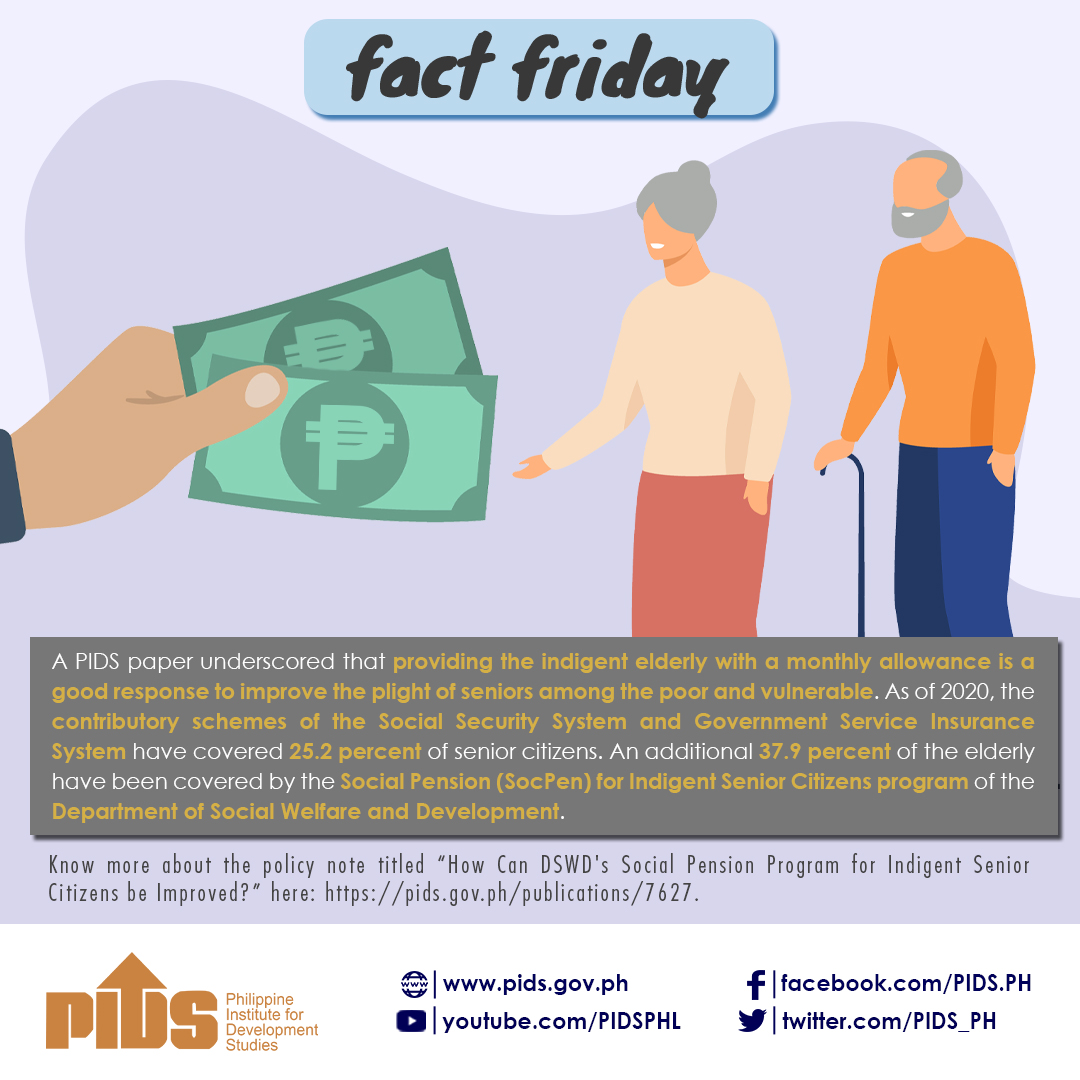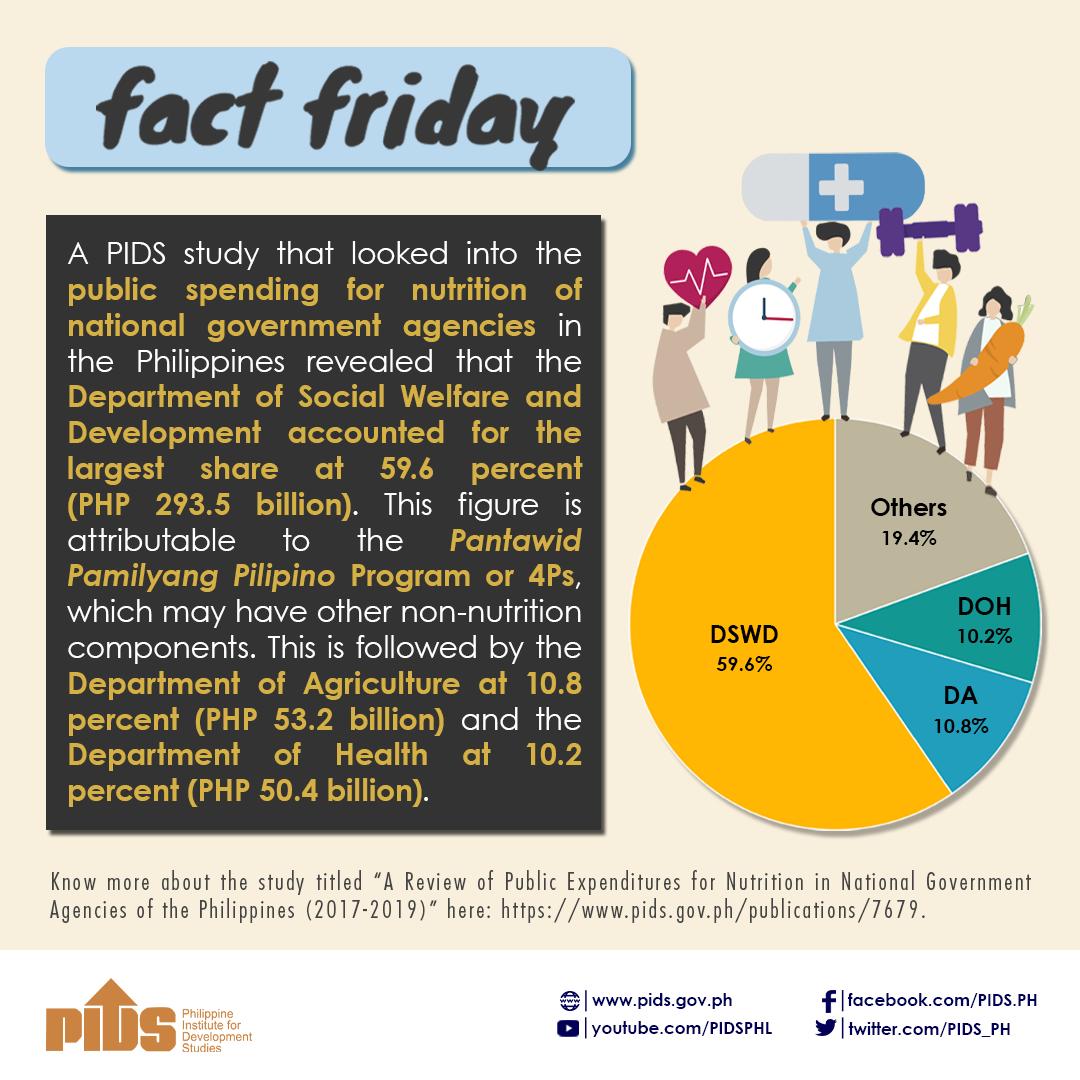The Department of Social Welfare and Development (DSWD) on Monday denied a report that nearly a third of the beneficiaries of the modified Conditional Cash Transfer program (MCCTP) last year are not poor.
DSWD Assistant Secretary Javier Jimenez said the allegation–which suggests that P19 billion of the funds went to people who are not poor–is erroneous because it was based on a calculation drawn from 2009 figures, when the budget for the government’s poverty alleviation initiative was much smaller, rather than the most recent data for last year.
The claim, which was made in a report published by an online news site last month, was based on the figure in the "Learning Lessons” publication of the Asian Development Bank’s Independent Evaluation Department.
A portion of the paper stated that "improvements are needed in the program’s targeting system to reduce an estimated leakage rate of 30 percent.”
"Di natin pwedeng i-multiply yung 30 percent na ‘yun sa current budget ng DSWD for MCCTP. In 2009, we only had about 300,000 families involved in the program. Over the years, habang nag-eexpand ang budget ng DSWD, padami na nang padami ang beneficiaries. There are currently about 4.4 million families covered by the program,” Jimenez said in a news forum.
2009 data
The ADB had earlier issued a statement clarifying that the statistics mentioned in its report was sourced from a 2013 study done by the Philippine Institute of Development Studies, which in turn was based on 2009 data and earlier poverty targeting practices.
Under the MCCTP, also called the Pantawid Pamilyang Pilipino Program (4Ps), cash grants are provided monthly to poor households if they fulfil health- and education-related conditions.
ADB country director for the Philippines Richard Bolt said the 4Ps now ranks as the third largest CCT program in the world after those of Brazil and Mexico.
"For participating households, Pantawid has helped promote near-universal enrolment of elementary school-age children, reduced child labor, and improved access to pre- and post-natal care,” he said in a statement.
Congress has allocated P62.3 billion for MCCTP in the P2.6-trillion national budget for 2015.
Community involvement
While errors in targeting CCT beneficiaries have been "substantially reduced” by the DSWD, ADB and other stakeholders, Jimenez said the agency continues to implement safeguards to ensure the MCCTP’s funds go to deserving beneficiaries.
Among the mechanisms instituted by the DSWD to implement the MCCTP’s implementation is the Grievance Redress System (GRS), which captures and processes complaints about the program and the beneficiaries.
Some 77,000 beneficiaries have been delisted from the program as a result of the GRS, Jimenez said.
Moreover, the agency has also enlisted the help of communities in implementing the poverty reduction program.
"Habang nag-eexpand ang aming programa at may mga potential beneficiaries, nagkakaroon kami ng community assembly sa bawat barangay o munisipyo kung saan sila galing. Ipinapaskil namin ang kanilang [potential beneficiaries] mga pangalan doon to get feedback from members of the community,” Jimenez said.
"With these mechanisms, we can say that the list of beneficiaries under the Pantawid program are validated households,” he added.
Second round of profiling
Social Welfare Secretary Corazon Soliman said the DSWD is currently conducting the second round of the National Housing Targeting System for Poverty Reduction (NHTS-PR) that will profile whether a household is poor or close to poverty using certain indicators.
She said a new round of profiling had to be conducted because recent disasters have rendered several families poor, homeless and even jobless.
"After this second round of assessment, we should be able to get a registry of who should be included in our programs, particularly the Pantawid Pamilya,” she said in a statement. –
DSWD: Claim that P19 billion in CCT funds didn’t go to the poor is erroneous

